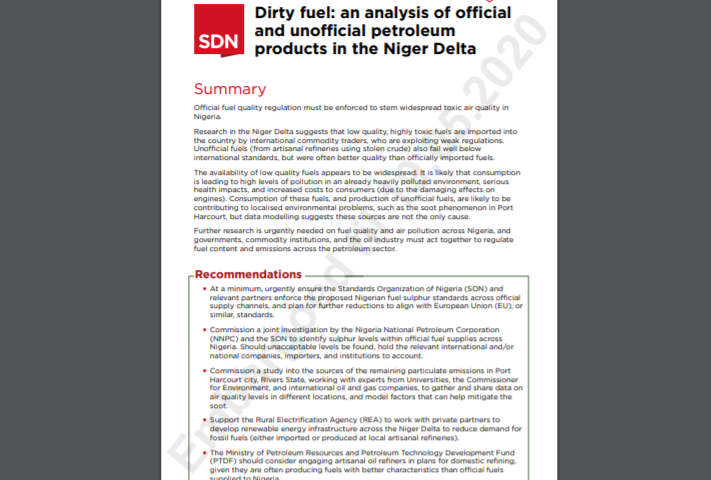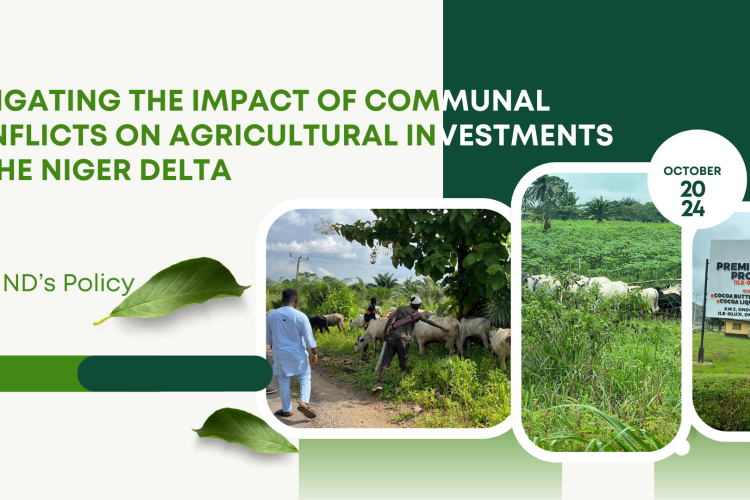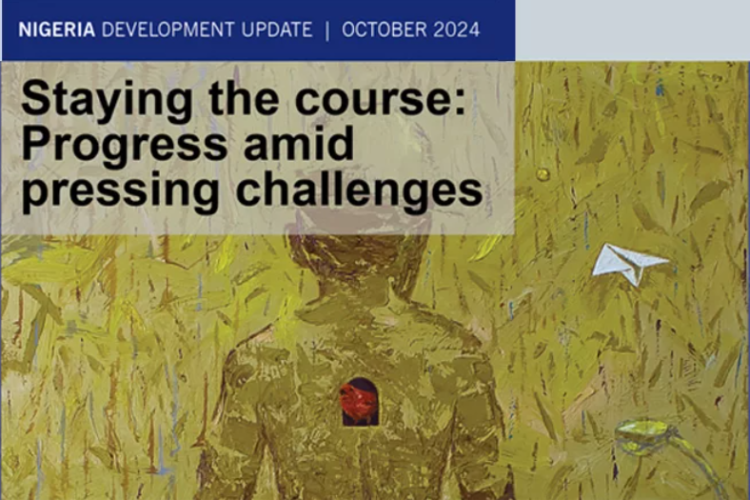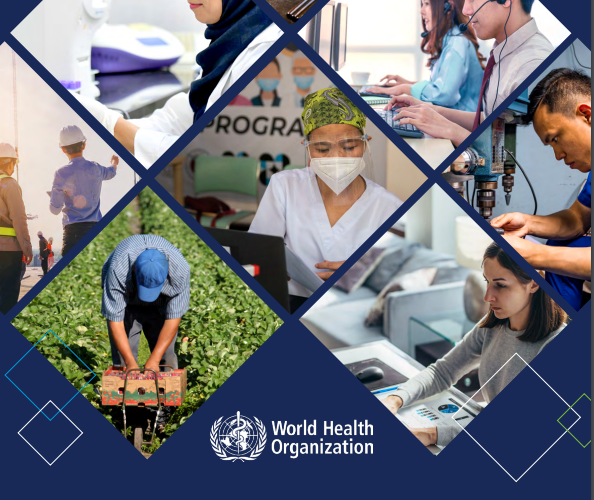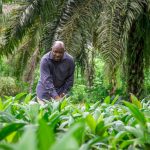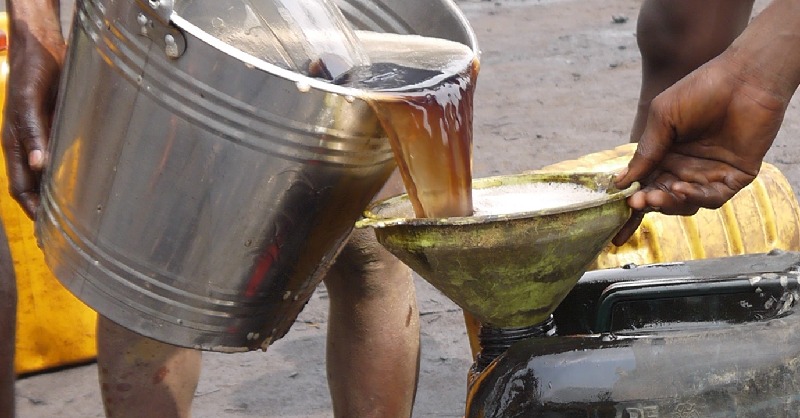
Dirty diesel, petrol, and kerosene; the toxic trio for Nigerians’ lungs and livelihoods
May 19, 2020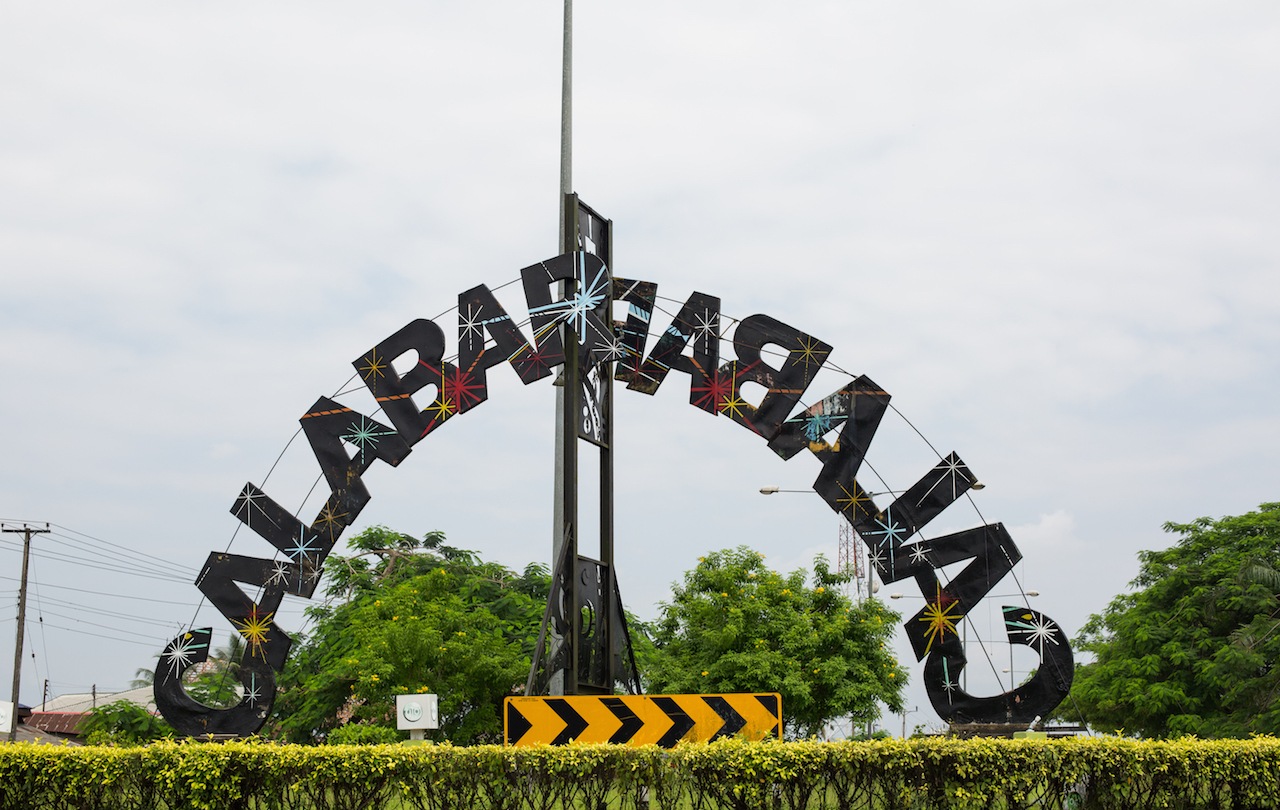
Gang Violence in Cross River State | May 24-30, 2020
May 29, 2020
Official fuel quality regulation must be enforced to stem widespread toxic air quality in Nigeria. Research in the Niger Delta suggests that low quality, highly toxic fuels are imported into the country by international commodity traders, who are exploiting weak regulations. Unofficial fuels (from artisanal refineries using stolen crude) also fall well below international standards but were often better quality than officially imported fuels.
The availability of low-quality fuels appears to be widespread. It is likely that consumption is leading to high levels of pollution in an already heavily polluted environment, serious health impacts, and increased costs to consumers (due to the damaging effects on engines). Consumption of these fuels, and the production of unofficial fuels, are likely to be contributing to localized environmental problems, such as the soot phenomenon in Port Harcourt, but data modeling suggests these sources are not the only cause.
Dirty diesel, petrol, and kerosene; the toxic trio for Nigerians’ lungs and livelihoods
Further research is urgently needed on fuel quality and air pollution across Nigeria, and governments, commodity institutions, and the oil industry must act together to regulate fuel content and emissions across the petroleum sector.
Download Policy Brief below


